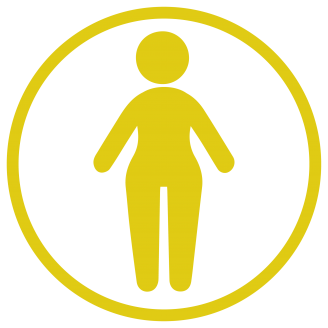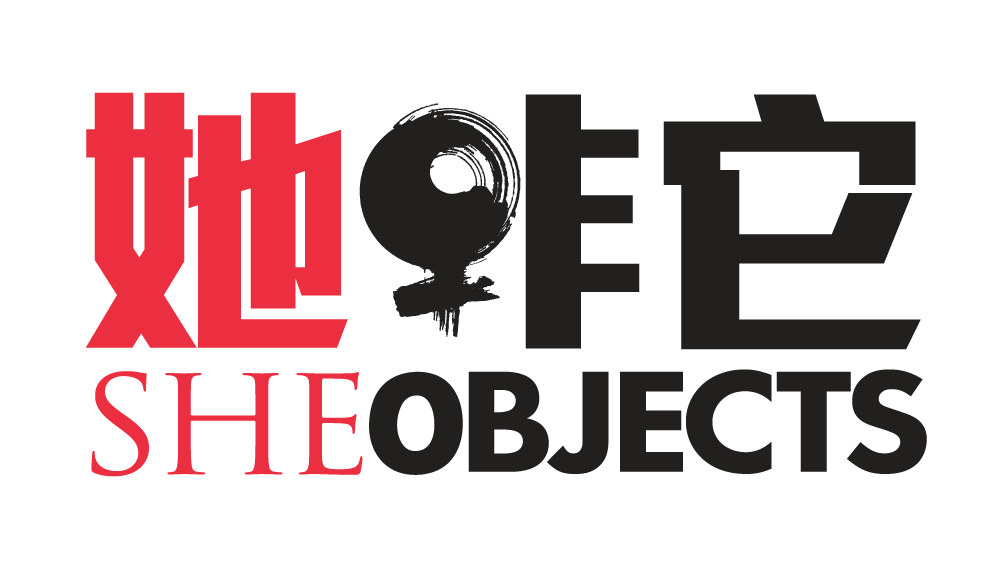Learn More
She Objects explores global issues like the Thinness Ideal and its impact on girls’ self-esteem, the link between pornography and sexually coercive attitudes towards women, and the paucity of non-stereotyped roles for women on screen, in the Hong Kong context through three themes:
Beauty ideal
The media bombards us with airbrushed images of physical perfection which pressure women to pursue and conform to unrealistic beauty standards to an extent that often has a negative impact on women’s health and self-esteem.
Hypersexualisation of Women
The portrayal of women as sex objects encourages sexually permissive and coercive attitudes towards women.
Leadership Gap
The lack of positive female role models on screen encourages women and girls to lower their ambitions for themselves.
Key Statistics

A recent TWF study of research published in Hong Kong on media and gender found that women who are saturated by media messages are more likely to be unhappy with their bodies, leading to eating disorders and low self-esteem.
- 57% of Hong Kong women believe that the media portrays women negatively.
- 30% of pages in Hong Kong entertainment magazines are slimming advertisements directed at women.
- Girls and women are twice as likely as boys and men to be shown in sexually revealing clothing, naked and thin.
- 9/10 women think about their weight all or some of the time.
- Up to 50% of individuals living with eating disorders meet the criteria for depression.

We also know that boys who are exposed to sexually explicit materials and pornography have a greater proclivity towards sexual harassment, while girls who are exposed to these materials believe sexual coercion is more permissible in relationships.
- Sex offenders in Hong Kong are getting younger: 50% of secondary students experience sexual harassment.
- Only 8% victims of sexual violence reported to the police and only 5.5% victims of sexual harassment seek help.

The way that the Hong Kong media stereotypes women as home-makers and in more passive roles is also concerning and, combined with institutional glass ceilings and persisting old boys’ networks, potentially explains the erosion of ambition and under-representation of women leaders across industry and professional sectors.
- 6/10 girls choose not to do something because they don’t want to draw attention to their looks.
- A study released in the UK last month found that girls between 11 and 13 are more anxious and unhappy and lacking in confidence than just five years ago.
- 11% of all respondents have skipped school or not participated in class because of their appearance
Educational Talks
Julia Bluhm and Izzy Labbe on their response to Seventeen magazine
Tavi Gevinson “A teen just trying to figure it out”
Jean Kilbourne “Killing Us Softly”
Meaghan Ramsey “Why Thinking You’re Ugly is Bad for You”
Cameron Russell “Looks aren’t everything. Believe me, I’m a model”
She Objects Discussion Guide and Relevant Links
Are female leaders disadvantaged by media bias? – BBC, July 2016
Beyond Binaries: The Impact Of Changing Gender Identity For Brands – Huffington Post, August 2016
Disney princesses contribute to ‘body esteem’ issues among young girls, finds study – The Guardian, June 2016
Geena Davis Wants to Solve Hollywood’s Gender Gap Problem With New Tech Tool – NBC News, September 2016
How I Try To Free My Daughter From Gender Stereotypes – Huffington Post, August 2016
Mad Men and invisible women: how the advertising industry failed to move on – The Guardian, June 2016
Pressure to look perfect hits girl’s confidence, say Guides – BBC, October 2016
Schools tackling sexual violence should focus on boys, MPs told – SCMP, July 2016
Underage girls, rape … and handbags: inside the murky world of Hong Kong’s compensated dating scene – SCMP, June 2016
Unilever vows to drop sexist stereotypes from its ads – The Guardian, June 2016
Why violence against women in film is not the same as violence against men – The Guardian, July 2016
Movements
Spark – an online movement of young women and their allies standing up against the sexualisation, objectification and violence against women in the media
The Geena Davis Institute on Gender in Media – the leading think tank on gender inequality in children’s media
Young Vagabond – an Australian online magazine that focuses on ‘adventure, discovery and acceptance’ rather than beauty
